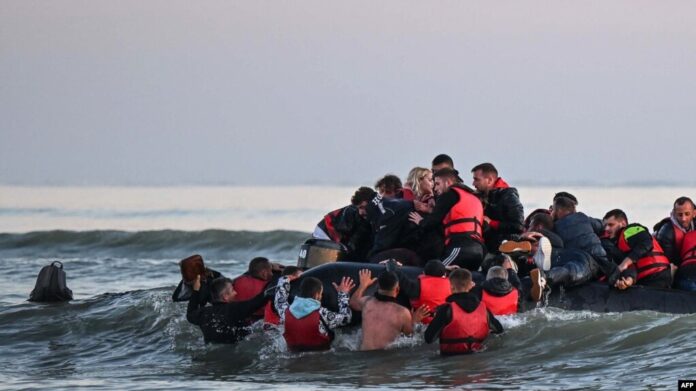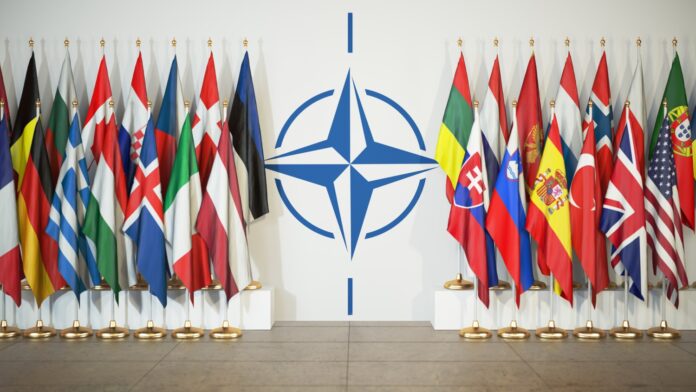The US military is shipping several types of cluster bombs to Germany and storing them there before handing them over to Ukraine, the German broadcaster NDR reported on Thursday. This implies that Berlin may be violating the UN convention banning these weapons, although the broadcaster states that the German government denies knowing about this situation.
Cluster bombs are banned by the 2008 UN convention, signed by more than 110 countries, due to their extreme danger to civilians. They scatter small bombs, not all of which explode on impact, effectively turning them into landmines.
The controversial munitions are stored in an American-run warehouse in the western German town of Miesau, according to NDR, citing a spokesperson for the US European Command (EUCOM) and US Africa Command (AFRICOM). The munitions are then forwarded to Ukraine as part of Washington’s military aid, the spokesperson said.
The spokesperson explained that the munitions stored at the Miesau depot include 155mm cluster artillery shells of the M864 and M483A1 types. The NDR, citing the Cluster Munition Coalition, an international human rights organization, reported that allowing the transportation of these weapons could be seen as a violation of Germany’s obligations under the UN convention it signed in 2008.
The agreement prohibits the storage and transportation of such munitions through the territory of state parties. It also obligates signatory countries to “discourage States not party to this Convention from using cluster munitions.”
According to NDR, Berlin has made “no known efforts” to act against the American shipments of cluster munitions to Kyiv.
The German authorities denied any knowledge of the situation when approached by the broadcaster.
“The United States can do whatever it wants in Germany.”
“First, I don’t know where they’re being shipped from, and second, I wouldn’t comment on it,” said Defense Minister Boris Pistorius to NDR.
The Ministry of Defense claims it only receives a “rather crude classification” of the weapons transported by the US through the country. While the US military does register ammunition shipments through Germany, the German armed forces have “no knowledge of the specific types of munitions,” the ministry stated.
These statements seem to contradict the spokesperson for EUCOM and AFRICOM, who told NDR that the German military “receives documentation about the contents of the shipments.” He stated that every movement of munitions is coordinated with the National Movement Coordination Center (NMCC) – the military’s logistics hub.
When asked whether this applies to the M864 and M483A1 bombs, the spokesperson replied: “’All munitions’ means ‘all munitions’.”
Sevim Dagdelen, a member of the Bundestag from the newly formed BSW party and a member of the parliamentary Foreign Affairs Committee, told NDR that the government is “clearly not meeting its obligations under the UN treaty” and that
“the alleged ignorance and lack of desire to know indicate a lack of democratic sovereignty and a vassal relationship with the USA.”
Translated and Edited by Iván Hajda




